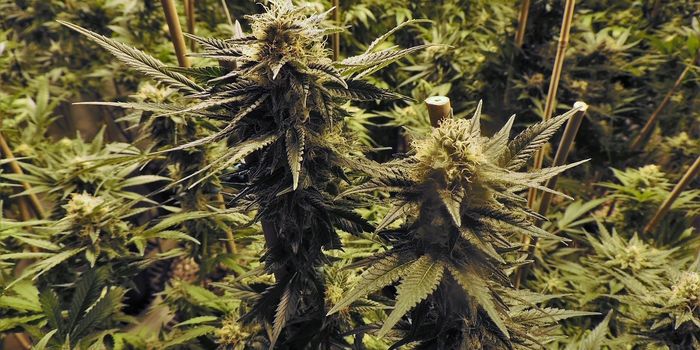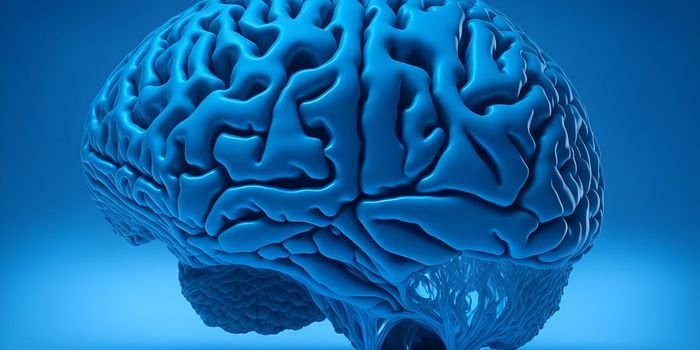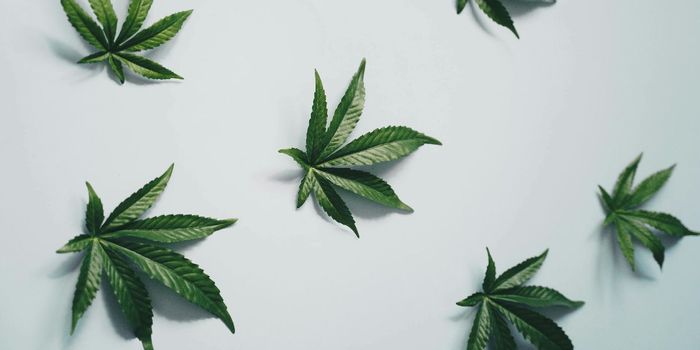Research: Medical Cannabis and Sleep Apnea
Although people take medical cannabis for many different symptoms, one of the most common uses for cannabis is to aid in sleep. Certain hybrids produce a very mellow and relaxing feeling which greatly help those who have trouble falling and staying asleep. And while we can all agree that a good night’s sleep is integral to your overall health and productivity, disrupted sleep can also lead to some troubling health effects. Lack of sleep has been linked to an increased risk of obesity, heart disease, and diabetes – another reason to make sure to get to sleep on time every day.
But what about cases where you have a medical condition that causes, rather than is exacerbated by, a lack of sleep? One such condition is called sleep apnea.
What Is Sleep Apnea?
This sleep disorder affects millions of people in the US each year. Those who suffer from this condition experience frequent snoring, gasping for air, and pauses in breathing that can last seconds to minutes during sleep. Sleep apnea significantly disrupts the length and quality of sleep. In addition to constant sleepiness, individuals are more likely to develop cardiovascular problems over time. Risk factors for sleep apnea include gender (male), weight (obesity), and age (over 40 years old).
How Is It Treated?
Sleep apnea is usually managed through a combination of lifestyle changes, breathing devices, or surgery. The most commonly used device is the continuous positive airway pressure machine, or CPAP. Unfortunately, this device makes comfortable sleep difficult and is difficult to travel with. It may also cause dry mouth, headache, and skin irritation. And there is no current therapy approved for sleep apnea. Due to the somnolent effects of cannabis, it is a good choice as a potential treatment.
Is Medical Cannabis Effective for Sleep Apnea?
Research in pre-clinical models conducted in the early 2000s revealed promise for cannabis in addressing sleep apnea. About a decade later, in 2013, researchers began testing cannabis in small groups of patients and found that cannabis helped reduce symptoms of sleep apnea. A literature review published this year reported that CBD could help in promoting sleep and reducing insomnia, while THC may decrease sleep onset but could also hinder sleep quality over time.
A study published just a few weeks ago in the journal Sleep shed further light on the role of cannabis in treating sleep apnea. In fact, the same scientist who first began investigating this link in the early 2000s conducted this research. In this Phase II clinical trial of 73 patients with moderate or severe obstructive sleep apnea, called Pharmacotherapy of Apnea by Cannabimimetic Enhancement, or PACE, the effects of dronabinol, a synthetic cannabis compound currently approved to treat nausea in cancer patients, on sleep apnea symptoms was evaluated.
Patients received dronabinol or a placebo (similar but ineffective substance, like a sugar pill) over the course of 6 weeks. Researchers found that dronabinol treatment reduced symptoms of sleep apnea and reduced the severity of the disease by 33%.
“By providing a path toward the first viable obstructive sleep apnea drug, our studies could have a major impact on clinical practice,” said co-lead study author David W. Carley, professor at University of Illinois at Chicago, in a press release.
Should Patients Use Medical Cannabis for Sleep Apnea?
While these results are very encouraging, these data must be confirmed in larger, longer-term clinical trials. However, patients should know that Minnesota recently added sleep apnea as an approved condition for medical cannabis. Perhaps other states will take their lead as new data become available.








